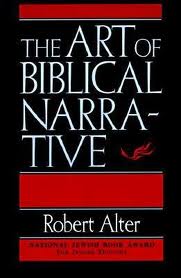I’ve been pretty swamped at work and doing some double-duty with the kids so my posting here is really on and off.
I have a few things in the cooker though.
I started to write a post connecting Watchman Nee’s Love Not the World to Rene Girard, but quickly realized that Nee writes concisely enough that there is not a ton of condensing I can do to his quotes. That means it’s going to take more time to give it a just treatment. I think there is a lot to connection though. Both Girard and Nee are a lot more interested in Satan’s big-picture activity in the world than they are about the specifics of who he actually is (demonology, etc.).
I also picked up Paul Zahl’s older book, Who Will Deliver Us? At first glance, it looks like any other mediocre Christian book, with a cheesy early 1980s abstract cover to boot. Wrong. This is the gospel, totally RAW. Very good stuff. I wish I had had some exposure to this sort of thing when I was younger. I’d like to say that I would have recognized how different it is back then, but probably not.
And, as I always pick up WAY more books than I have time to deal with, I have David Bently Hart’s The Beauty of the Infinite sitting here on the table as well. I’ve wanted to read a book on aesthetics for a while and this one comes highly recommended. I forgot that Hart is not a popular author though. Oops. This book is pretty heavy duty. I might not make it through before the library loan undertaker knocks.
I’m also taking Jazz theory, for the 2nd time from my favorite old professor. I first took it seven years ago, but it’s different every year. I’m going to post some notes here, just because so much of it is fascinating!

